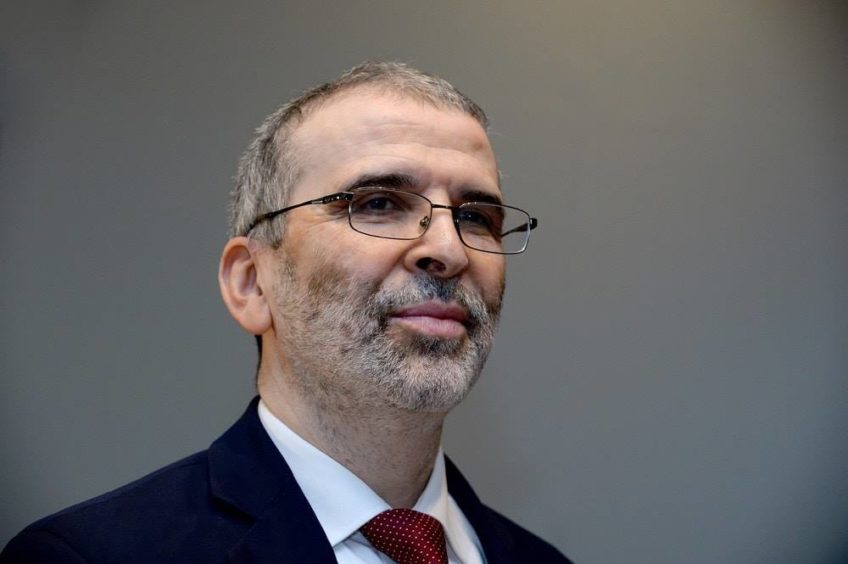
The port of Tripoli was struck by projectiles on February 18, Libya’s National Oil Corp. (NOC) has said, which nearly hit an LPG tanker.
Describing the tanker as “highly explosive”, the company has shifted fuel vessels out of Tripoli’s port and cancelled offloading in response to the near miss. The LPG tanker and a gasoline tanker were directed out of port in response to the strike.
NOC said it was looking at other ways of supplying Tripoli and its environs with fuel.
Maritime security provide Dryad Global noted reports of indiscriminate shelling in the area, with a suggestion that a Turkish ship had been damaged. There are “suggestions that a cargo vessel from Turkey was in port, and may have been unloading weapons destined for the [Government of National Accord] GNA, suggests a particular target”, Dryad said, advising shipping to avoid the port.
The statement did not attribute blame for the attack but the Libyan National Army (LNA) is besieging Tripoli. This marks an escalation of the LNA’s efforts to seize the capital, which have been under way since April 2019.
The international community secured a ceasefire for a time in January but compliance has been weakening. Talks are continuing.
The company’s chairman Mustafa Sanalla said the attack on Tripoli port “could have led to a humanitarian and environmental disaster and it will have a significant impact on a crowded region like Tripoli”.
The city does not have operational fuel storage facilities, as fighting around Airport Road took the main site offline. As a result of this shortfall vital services will be disrupted, Sanalla said, such as hospitals, schools and power stations.
“We condemn this behaviour in the strongest possible terms and ask the international community to intervene rapidly to prevent a serious escalation in the conflict and to allow NOC to manage fuel supplies,” the official said.
The United Nations’ man in Libya Ghassan Salame noted the attack in Tripoli and described the truce as “very fragile [and] often violated” in comments in Geneva. “Nobody has so far reneged on the principles of accepting the truce and the political process is trying to find a way to go forward,” he continued.
Salame went on to note that the arms embargo appeared ineffective, with materiel and mercenaries entering Libya.
“What is needed is that the member states of the United Nations come to the rescue of the [Libyan] Mission, and of the Security Council, in helping and monitoring the violations of the arms embargo; otherwise it will not end,” he said.
Production in the country has fallen to 123,537 barrels per day, according to the most recent information from NOC. The LNA has been blockading exports since mid-January.
NOC puts the total amount of losses stemming from the blockades at $1.74 billion. The company is continuing to supply fuel to the central and eastern parts of Libya, despite attacks on Tripoli stemming from the east.
Benghazi has eight days of gasoline, four of diesel and 14 of LPG, for instance. A gasoline tanker was due to arrive on February 18 with a diesel tanker arriving on February 19.
